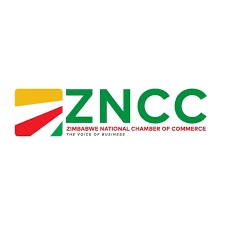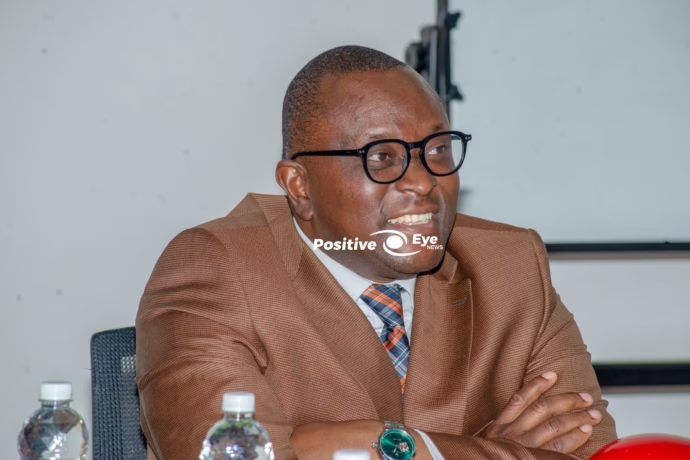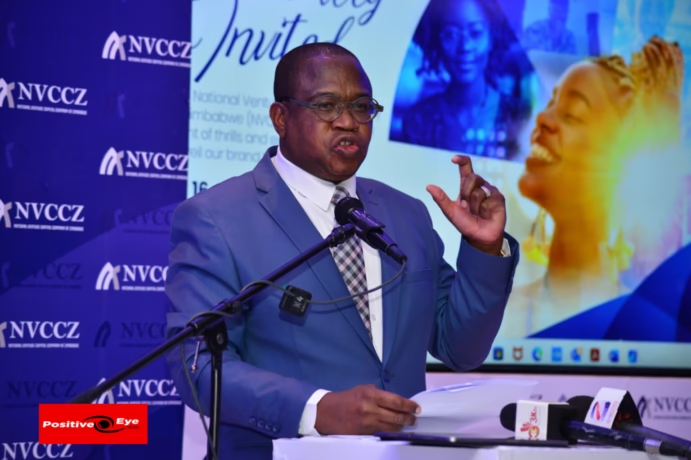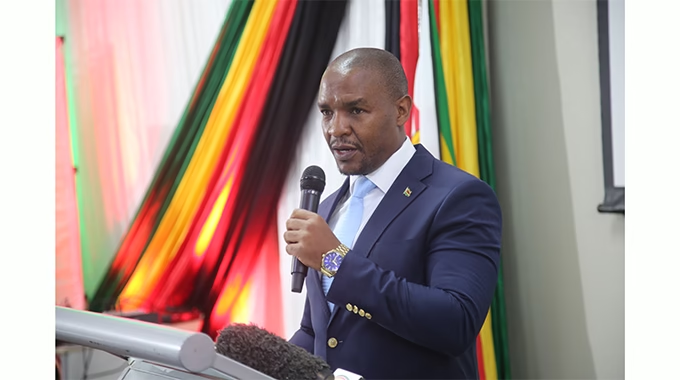
As Zimbabwe presses forward with its Vision 2030 ambition, a rare moment of alignment is emerging between the public and private sectors, with the 2025 Zimbabwe National Chamber of Commerce (ZNCC) Annual Congress in Victoria Falls set to crystallize this collaboration. Beyond its scenic setting, the gathering represents a deeper shift, toward candid conversations, mutual accountability, and a results-driven economic agenda.
Business leaders, economists, policymakers, and development experts are converging in Zimbabwe’s premier resort city not just to review policy frameworks, but to recalibrate them. With fiscal and monetary reforms taking root, and a stabilising economic environment, the congress is being viewed as an opportunity to rethink the relationship between enterprise and state, and how that dynamic can be harnessed for growth.
At the heart of the conversation is a call for more than just lip-service to engagement. Industry voices are making it clear: now is the time for practical policy implementation, flexible investment models, and the removal of long-standing bureaucratic barriers. The presence of influential figures, including CBZ Holdings Chairperson Mr Luxon Zembe, and ZNCC CEO Mr Chris Mugaga, signals that the private sector is not just showing up, it is demanding to be heard.
Yet what makes this congress different is the growing consensus that the government, too, is listening. Engineer Tafadzwa Muguti, Permanent Secretary for Presidential Affairs and Devolution, has publicly reaffirmed the state’s willingness to work with industry. That message, paired with growing participation from younger entrepreneurs and development partners, has injected new energy into Zimbabwe’s industrialisation narrative.
With topics ranging from investment incentives and export competitiveness to the future of digital economies, the 2025 congress is being framed as a moment to move from theory to action. The expectation is not just policy discussion, but policy delivery.
In a country where macroeconomic turbulence has often left the private sector navigating alone, the current convergence in Victoria Falls marks a potential turning point. Should the promises made be followed by measurable outcomes, improved ease of doing business, predictable policy frameworks, and more robust value chains, then this congress could stand out as the moment Zimbabwe’s economic renewal found its feet.
In the end, the challenge will be in translating the energy of the congress into everyday realities for Zimbabwe’s SMEs, manufacturers, exporters, and consumers. If the momentum is sustained beyond the conference halls, then the road to Vision 2030 may become not just plausible, but achievable.




